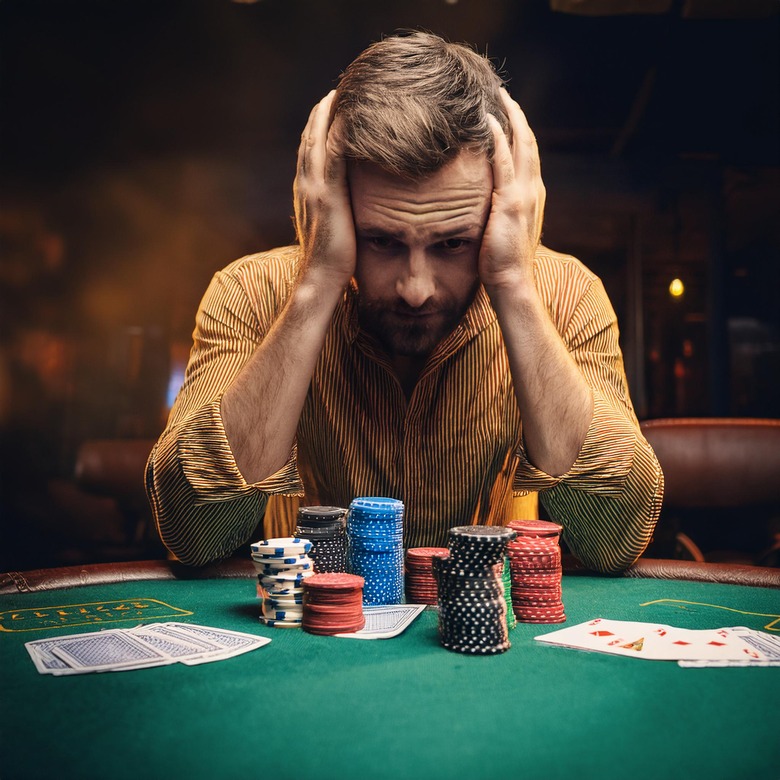GAMBLING
Contact us today for free advice
07876096232
Understanding Gambling Addiction: Signs, Impact, and Path to Recovery
Gambling addiction, also known as compulsive gambling or gambling disorder, is a serious mental health condition that affects individuals’ ability to control their gambling behavior, often leading to significant personal, financial, and emotional difficulties.
Increasing bets over time to achieve the same excitement.
Experiencing stress, anxiety, guilt, or depression when not gambling.
Hiding or lying about gambling behavior from family and friends.
Relationship conflicts and loss of trust with loved ones.
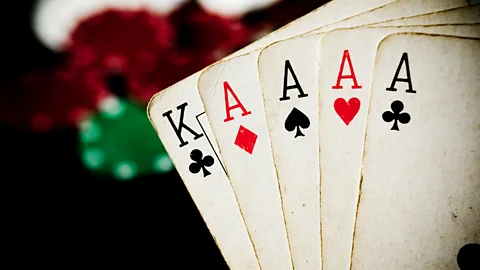
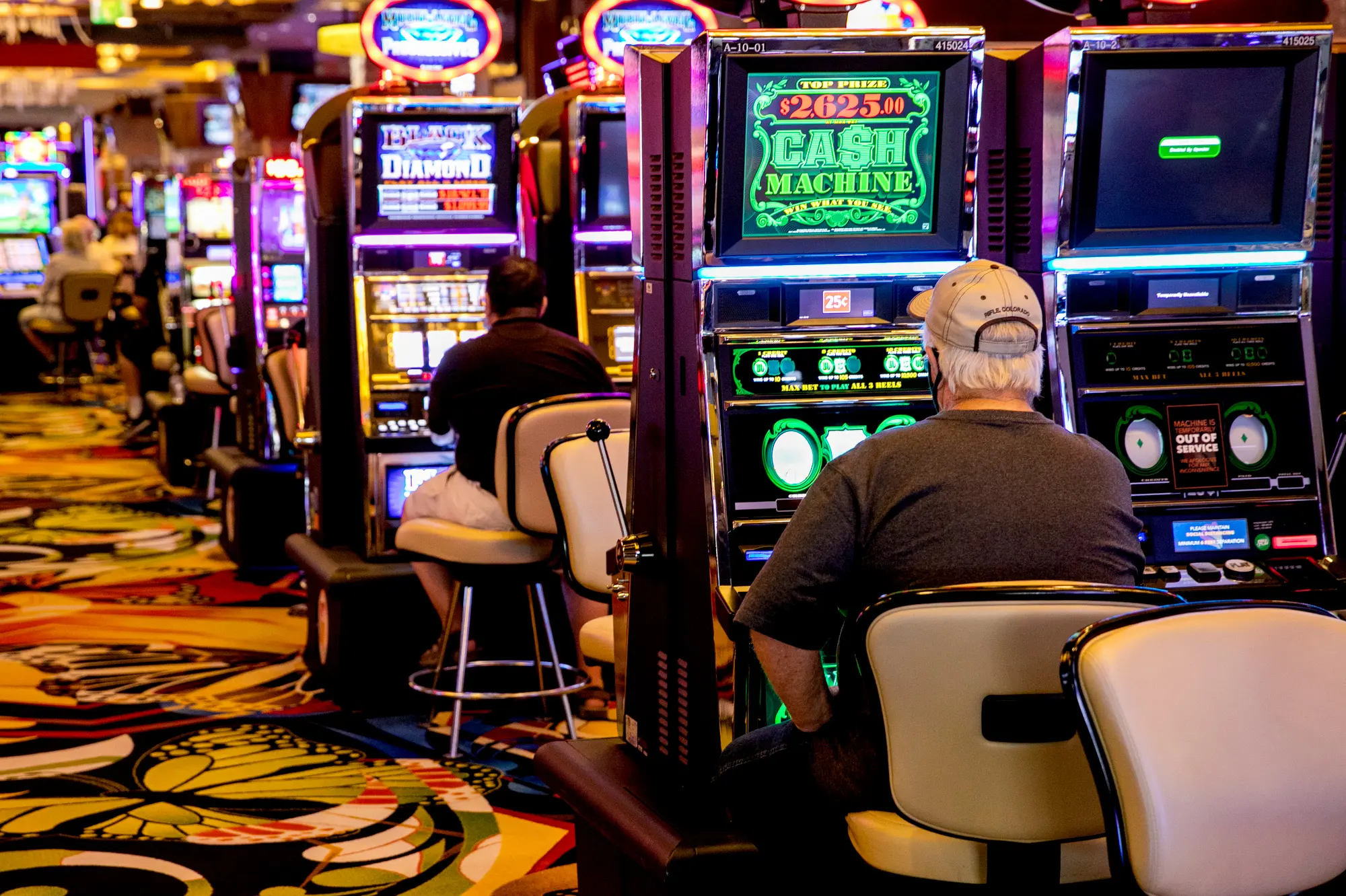
Key Signs of Gambling Addiction
Preoccupation with Gambling
Constantly thinking about gambling or planning the next gambling activity.
Increasing Bets
Needing to gamble with larger amounts of money to feel the same excitement.
Loss of Control
Inability to stop, reduce, or walk away from gambling, even when it causes problems.
Financial Problems
Borrowing money, accumulating debt, or selling possessions to fund gambling.

Emotional Distress
Experiencing guilt, anxiety, depression, or irritability when not gambling.

Lying and Secrecy
Hiding gambling habits from loved ones or downplaying their severity.
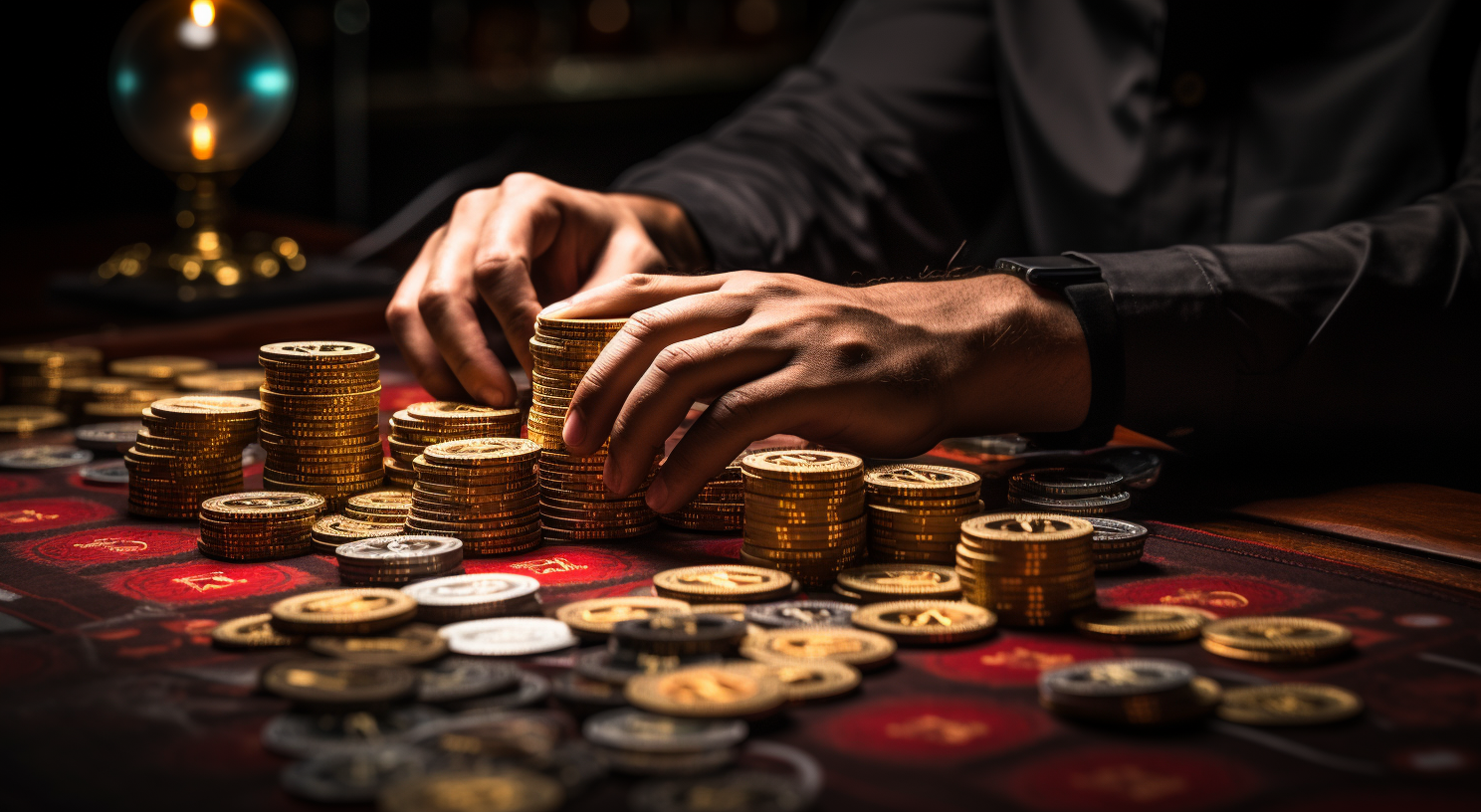

Effects of Gambling Addiction
Trauma can manifest in several ways:

Emotional Impact
Increased stress, anxiety, and depression.

Relationship Strain
Broken trust with family, friends, and loved ones.
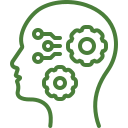
Work or Academic Problems
Poor performance and absenteeism.

Financial Consequences
Severe debt, loss of savings, or bankruptcy.
Treatment and Recovery
If you or someone you know is struggling with gambling addiction, seeking help is vital. Recovery often involves:
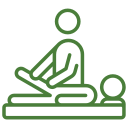
Counseling and Therapy
Behavioral therapies such as Cognitive Behavioral Therapy (CBT) help individuals identify and address underlying triggers.

Support Groups
Organizations like Gamblers Anonymous provide community support and accountability.

Financial Counseling
Assistance with managing debt and financial recovery.

Lifestyle Changes
Replacing gambling habits with positive hobbies and activities.
